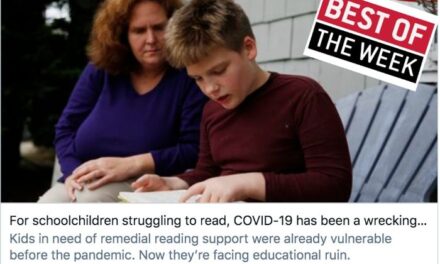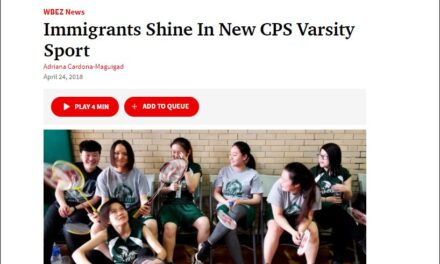If you’re going to leave education journalism, you might as well go out with a bang.
That’s what just-departed MinnPost reporter Beth Hawkins seems to be doing with a reflection on her stint working eight years at the alternative outlet and a massive piece on how difficult state education officials make it to figure out which teacher prep programs are any good.
First, she penned a goodbye post to MinnPost readers (Some reflections on covering education in Minnesota) describing how much has changed – and stayed the same — in Minneapolis schools (and her experiences as a parent), as well as “the sea change that has transpired in journalism.”
“The same big-city newsrooms that snickered when MinnPost and other nonprofit news sites popped up are now looking to foundation support, crowdsourcing campaigns and other nontraditional methods to pay for public-policy reporting.”
Some aspects of journalism are much better, including the easing of the “gatekeeper” role and objectivity mantle that journalism once held tight to: “The best part of eight years at MinnPost has been the two-way nature of the new newsgathering process.”
There are precious few places where education journalists talk about their process, their challenges, and what’s changed — this is a particularly good one.
Then in a MinnPost story (How well do Minnesota’s education programs prepare students to be teachers? It’s almost impossible to tell) and presentation at EWA’s recent Chicago seminar on teacher preparation programs, Hawkins described the lengthy, somewhat infuriating nine-month reporting process it took to find out which of Minnesota’s teacher prep programs are good.
“Teaching is the single largest profession in the country, and there are huge gaps in how educators are recruited, trained and kept in the classroom. A mountain of evidence shows that teacher quality is the single most important in-school contributor to student achievement. Yet there are no publicly available indicators showing which schools of education are training excellent teachers. Or whether those new teachers actually end up in the classroom — or stay there for any meaningful amount of time.”
Read the piece, review livetweets from Hawkins’ humorous retelling of what one observer called a Kafka-esque reporting journey via #EWAteachers, and find her at Education Post (one of this blog’s sponsors) in the future.
ABOUT THE AUTHOR

Alexander Russo
Alexander Russo is founder and editor of The Grade, an award-winning effort to help improve media coverage of education issues. He’s also a Spencer Education Journalism Fellowship winner and a book author. You can reach him at @alexanderrusso.
Visit their website at: https://the-grade.org/














